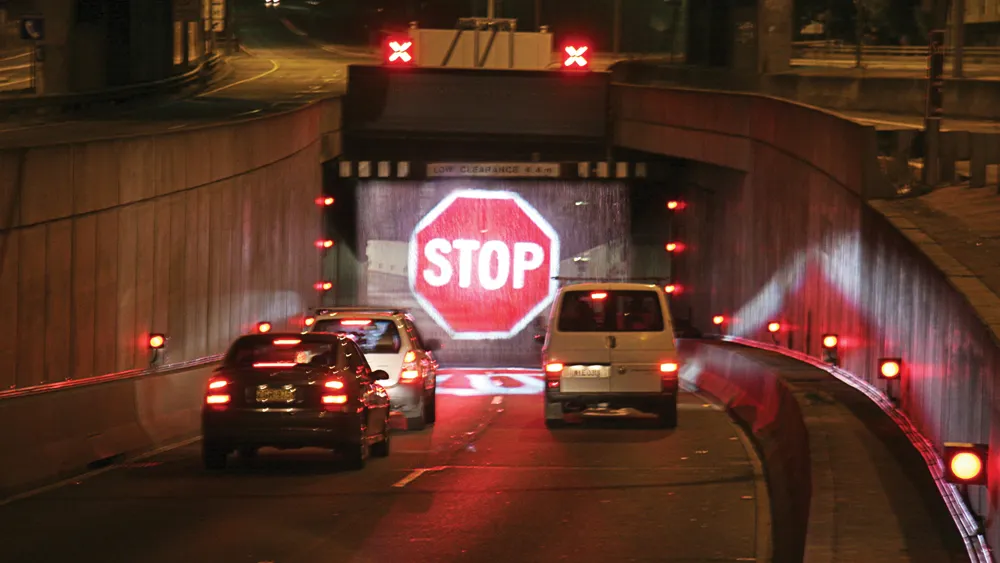Work has begun on the long-awaited integrated traffic management system (ITMS) for Chennai in India.
The new system is designed to help police monitor traffic violations more efficiently, as well as creating an automatic intelligent traffic control system to give priority to police cars and ambulances.
The system, that includes high powered surveillance cameras, number plate readers and wi-fi at junctions, is to be first installed by local IT company Purple Infotech.
“Work has started on twelve junctions from Anna flyover to the war memorial.
Work on100 junctions will be completed by January 2013,” a traffic police official disclosed.
“Once the number plate details are captured and the image is sent to the control room, an e-notice will be generated and sent to the violator’s address. Violators can either pay the fine online or at the nearest traffic pol¬ice station,” police said.
“The system can show the traffic flow on a particular side so that control room operators can adjust the traffic signals accordingly,” a traffic police official said.
“Traffic police will use hand-held devices to stop other traffic violations, such as parking offences. These devices will capture images of vehicles parked in non-parking areas and send them to the control room based on which e-notices can be generated,” the official noted.









